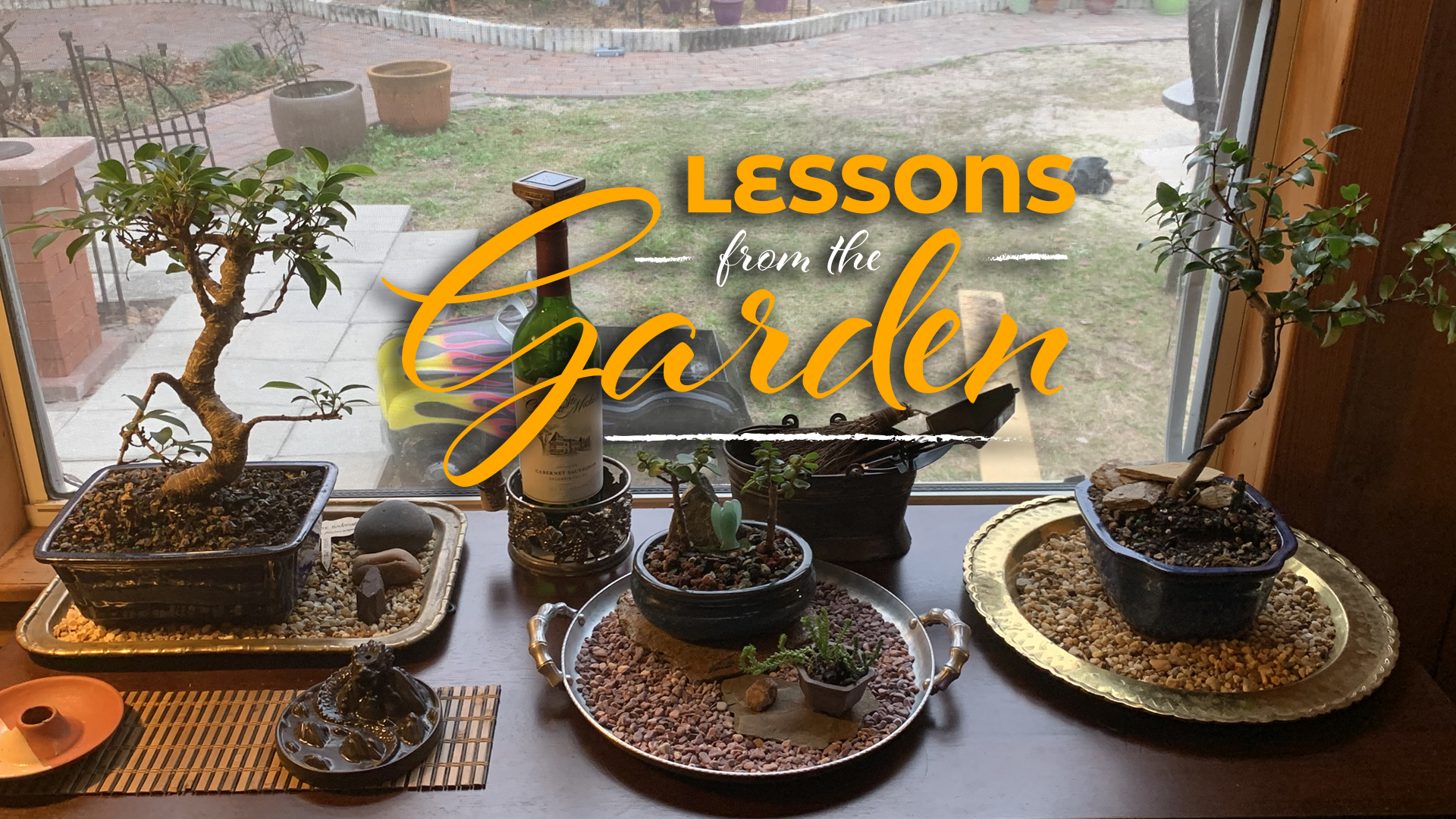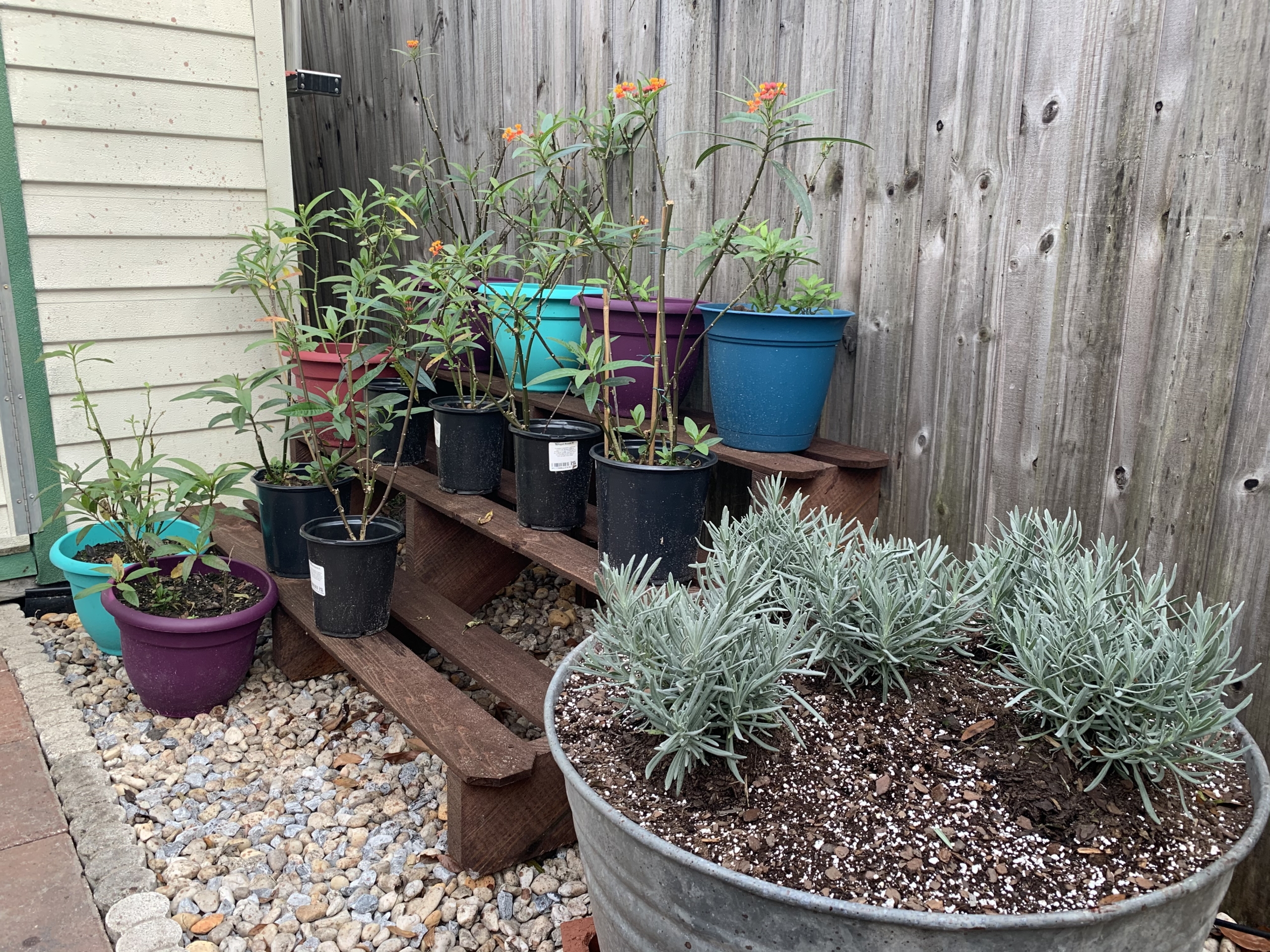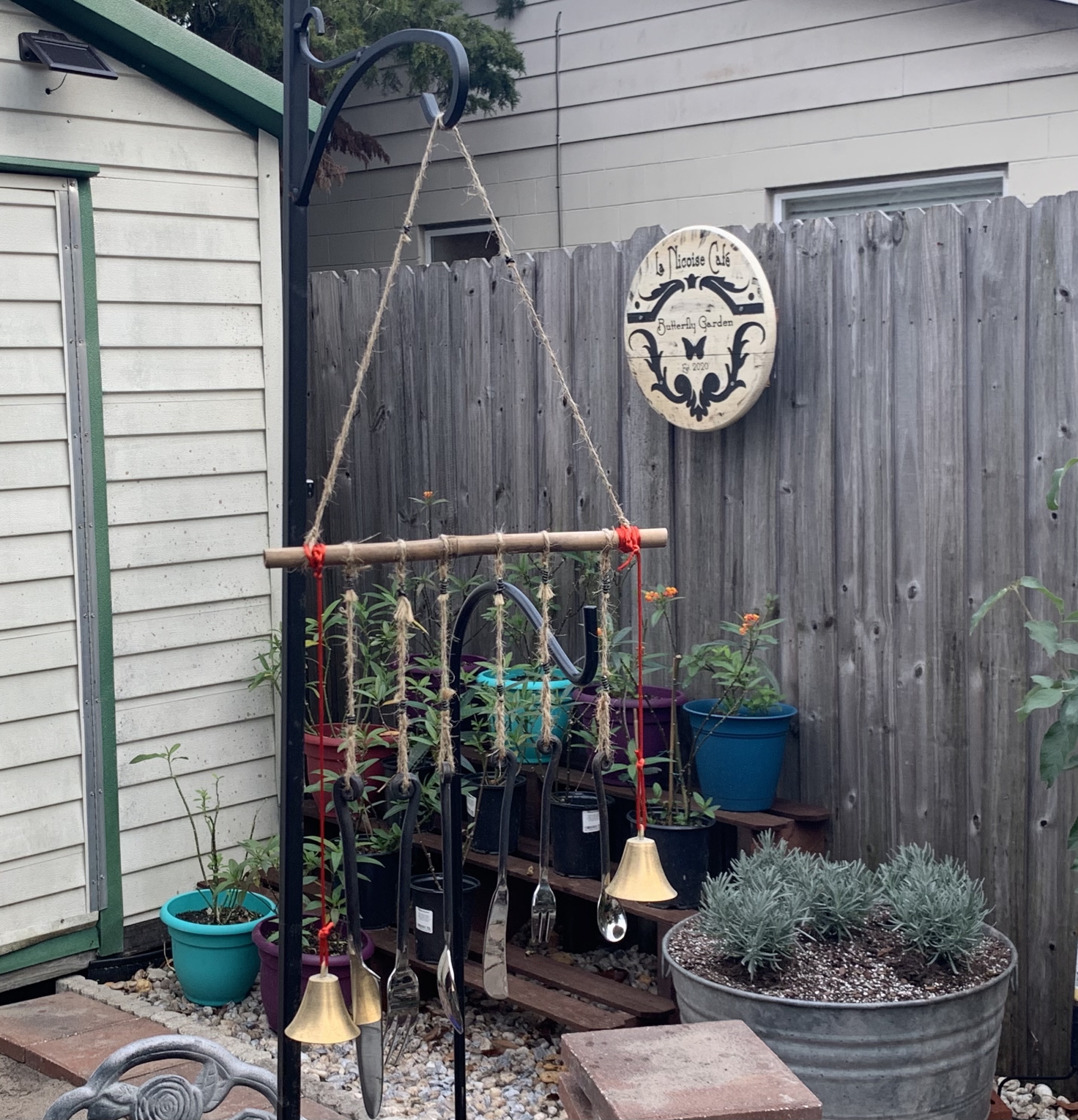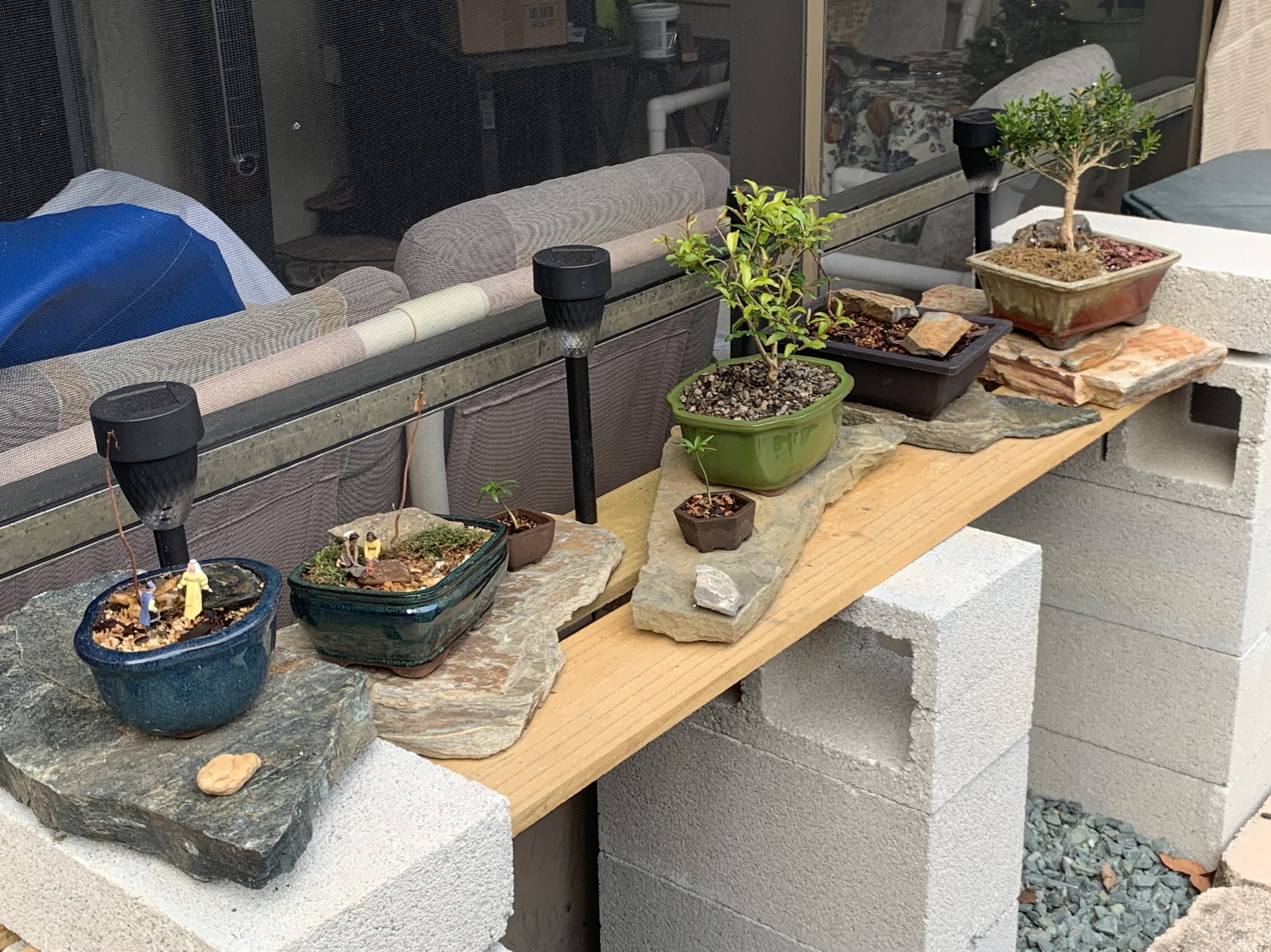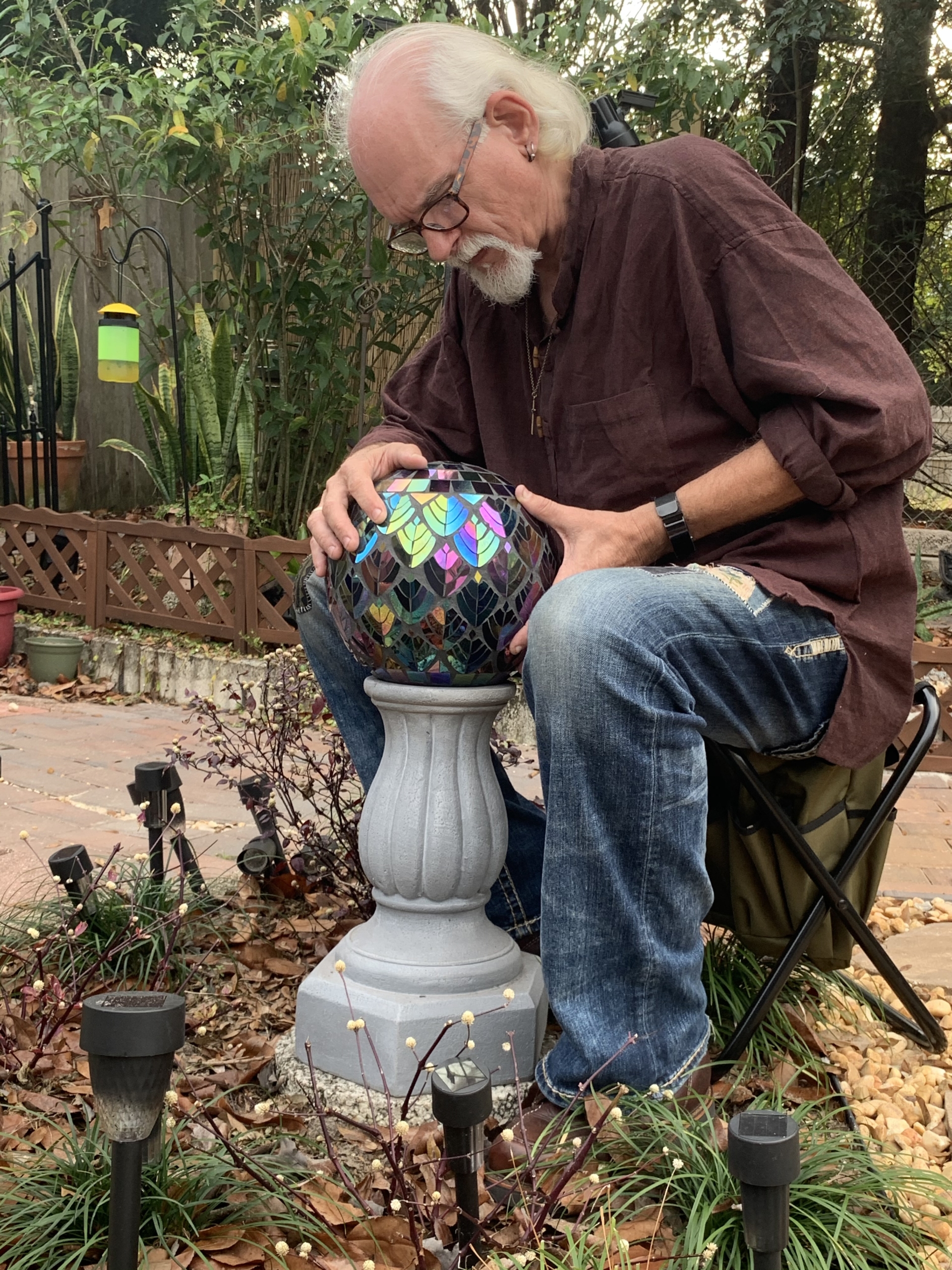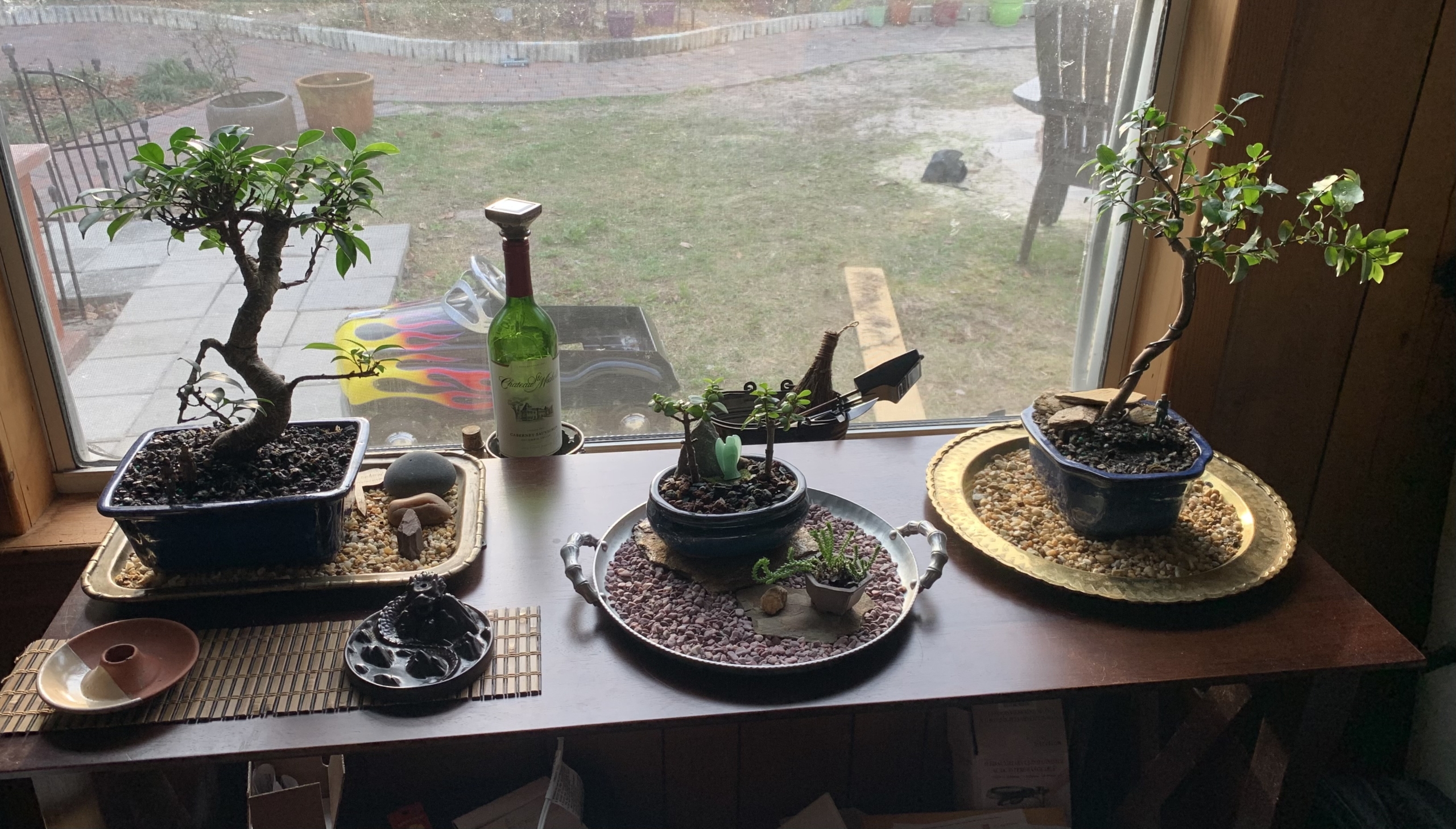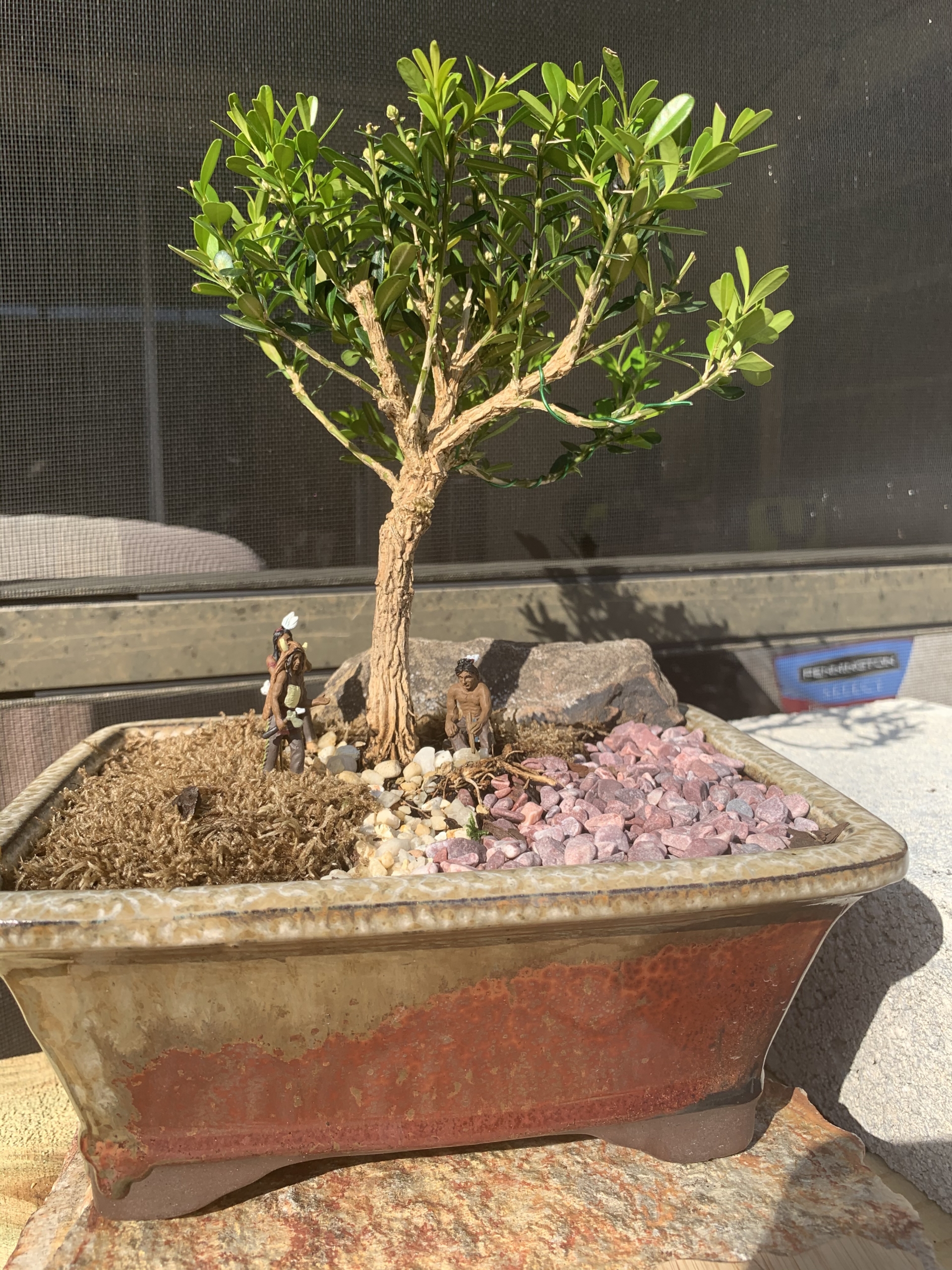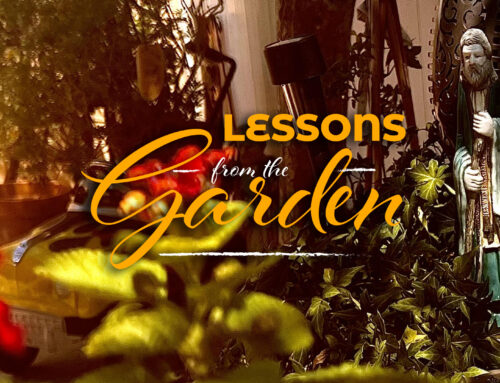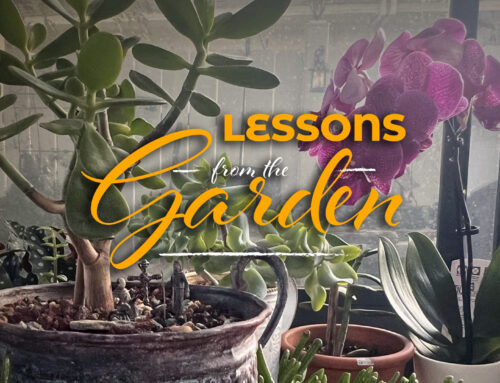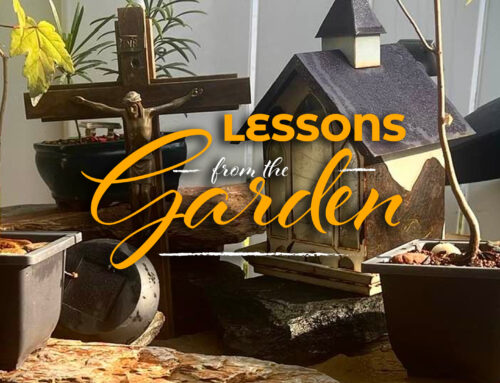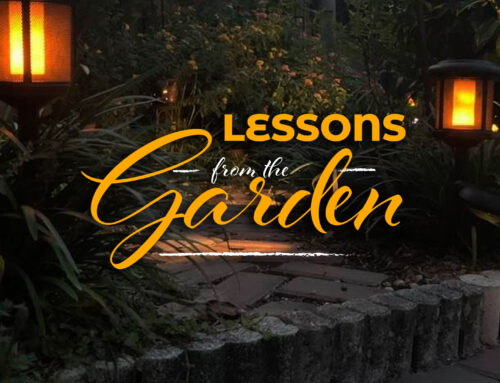I grew up in the sixties and clearly remember the riots against the Viet Nam war. In 1967 I was eleven years old. I also remember riots in Palm Bay, Florida over racial desegregation. Busses were overturned, fires burned, and many people were hurt. Sadly, the sounds of those protests and riots I saw and heard as a kid will never leave my memory.
Those memories informed my entrance into pre-adulthood as a teen. I was a young, long-haired hippie. I didn’t ascribe to all the free-love stuff, but I did deeply feel the need to embody, peace, healing, and a spiritual unity between people as brothers and sisters. While then, I was only a confused seeker of God’s Spirit, today, I still feel the need for us, as followers of Christ, to embody, peace, healing, and a spiritual unity between all people as brothers and sisters.
One thing these troubled times have revealed to me, is I discovered the source of my inclinations toward peace and spiritual unity when I was young. It was Jesus. I think he was walking with me before I walked with him. I believe he is walking with you. I am thankful.
No matter how you look at it, our country is in turmoil. Here I am, sitting in my indoor bonsai garden, my wife calls it our family room, and I am searching my heart for the right response to all this chaos as a follower of Jesus. It is always on my mind, “Blessed are those who hunger and thirst for righteousness, for they will be filled.” Those are the words of Jesus in Matthew chapter 5, verse 6. They are always the first words I think of in every situation I face. What is the right thing to do?
So, I am sitting here in my little forest asking God to guide my heart to peace. Considering this deep tear in the fabric of our country, I asked God to help me know what to do. I prayed and searched our conversations in Scripture, coming upon a letter the apostle Paul wrote to the church family he loved in Ephesus, a major port town in Turkey. He called these people “God’s holy people. The faithful in Jesus Christ”. I know he spent over three years with them before the writing of this letter. He must have really loved this church family, who were his friends. An interesting dynamic is that Paul was in jail, far away, as he wrote this important letter to encourage this church family in troubling times. I am writing to you.
It is important to understand that there was a deep division, and an even deeper cultural tension facing the church family Paul loved. The economy of Ephesus relied on tourist trade to what is now one of the seven wonders of the world, the pagan Temple of Artemis. Artemis was a Greek pagan goddess. I am sure many of the Ephesian church family relied directly or indirectly on the tourist trade to this pagan temple for their livelihood. For followers of Christ, this posed a spiritual conundrum.
Another issue affecting the economy at Ephesus was silt building up in the harbor that served as the hub to their trade. The silt made the harbor unnavigable. It was hard to keep it at bay. This too affected their economy and made life tougher.
Life was getting tough. It must have been hard for a church family to navigate living in this world of economic and spiritual tension. We too face a spiritual conundrum as followers of Jesus. What is the right thing to do? What is the proper response as a follower of Christ to these changes in society that affect the culture in which we live?
Paul wrote them, addressing their shared response as followers of Christ. The challenges for churches today are different, yet the tension in culture and daily life is much the same as it was when Paul wrote this letter. How do we stay unified and how do we react to the tension between society and the teachings of Christ? Just like then, we must remain unified as believers, so we can serve and glorify our Lord, Jesus — our Savior.
As I sat in my little tree garden, searching, and reading Paul’s words to this church family, I came to chapter four. Paul changes from theological thought in the beginning of his letter to very practical thought in a portion of scripture often known as a guide to unity and maturity in the body of Christ.
Just like in Paul’s day, there are an endless number of issues that divide us, and only one force will keep us together—Jesus.
In everything we do in life, our attitudes are important, but especially in times of trouble. Jesus knew this. Our attitudes are the foundation of our responses.
Our children, friends, and family who don’t know Jesus, as well as our own brothers and sisters in Christ are watching our lives. What do they see? Do they see Christ within us? Can they even tell?
The bigger question to me, is this: Can we see Christ in ourselves? If we can’t, we must question ourselves and consider that following Jesus in our attitudes and actions is the better path, better than responding out of our fallen tendency.
If we CAN see the light of Christ in our attitudes during this dark time in our history, then we must share that light with the world, starting with our children, all those we love, our friends, family and anyone who will hear. This would be the light of peace as it shines through the heart of Christ.
If you are like me, I want to respond and lash out in a fallen way. Yet I know that the way of Jesus is the better way. I always hunger for the better way. What Paul tells his church family in Ephesus is what I was searching for when I asked, “What is the proper response as a follower of Christ to these changes in society that affect the culture in which we live?”
Paul starts with attitudes as he writes to his beloved church family in Ephesus who, like us, live in troubling times. He tells them, “I urge you to live a life worthy of the calling you have received. Be completely humble and gentle; be patient, bearing with one another in love. Make every effort to keep the unity of the Spirit through the bond of peace.” ~~ Ephesians 4:1-3
I found it an interesting parallel that Paul started this conversation about unity with attitudes of the heart. Jesus began his greatest discourse in scripture (found in Matthew 5:3-12, commonly called the Beatitudes) with attitudes of the heart. We must understand that these attitudes are the fruit of a relationship with Christ and the key to a blessed life. These attitudes affect our interaction together and our interaction with a pagan world.
Paul nails it when he tells us, “Be completely humble and gentle; be patient, bearing with one another in love.” God has chosen us. Jesus walks with us. These are troubling times, and Jesus is the only one that can bring light to this darkness. What does that mean? It means that to shine the light of the love of Christ, we must embody his heart.
Paul nails it when he wrote to his beloved church family concerning unity! He said, “Make every effort to keep the unity of the Spirit through THE BOND OF PEACE.” I added the capitalization.
The bond of peace Paul speaks of is this idea of uniting the church family into one body. This “bond” holds people together. Kind of like the string and twine I use in the garden that holds things together. Peace functions as the “binding twine” of unity. “The bond of peace” becomes his finale to the attitudes we should embody as followers of Jesus. “The bond of peace” is the finale to the attitudes we should embody as we navigate living in a fallen world.
I sit here reliving history unfolding differently from the times of my youth. Yet still in a very real way. I’m just an old hippie that is trying to keep up and walk every day with Jesus. And I am still working hard to embody, peace, healing and a spiritual unity between all people as brothers and sisters. Just like when I was young.
My bonsai trees are proving to sharpen my skills of patience, and my understanding remains rooted in the love I share with Christ. The bond we share in life, the bond of peace, is the binding twine that holds us together in unity as we respond to the world in the ways of Jesus.
Seek to embody the heart of Christ in all the darker times of your life, and you will shine his light of peace to the world and peace to your garden.
